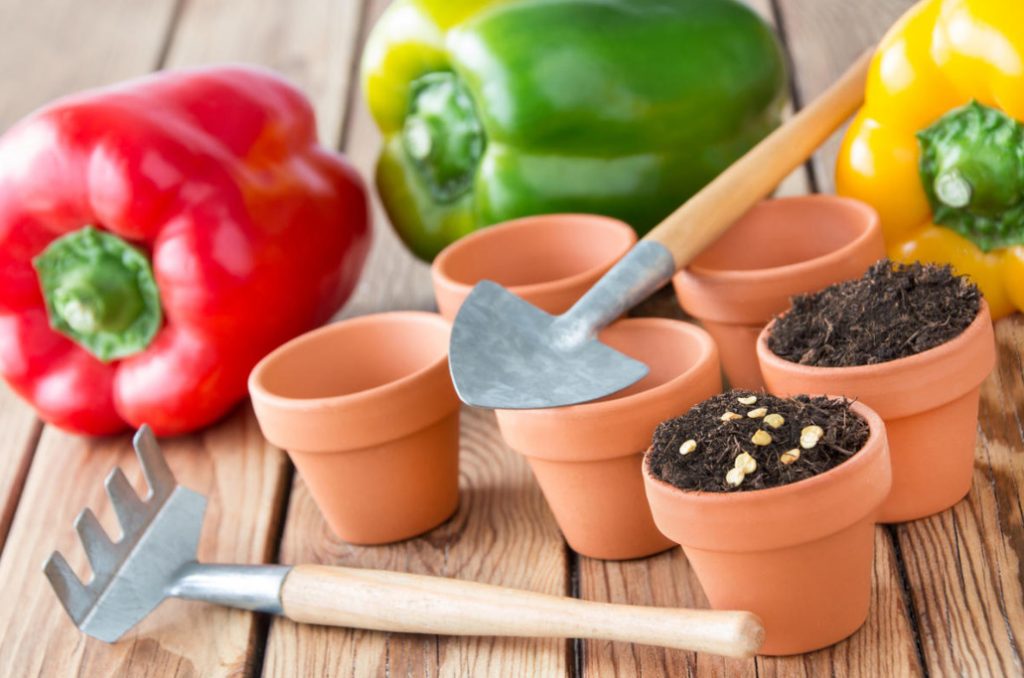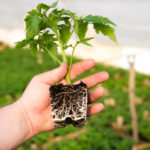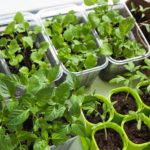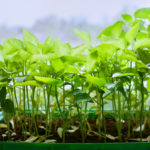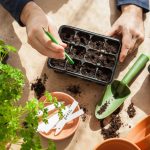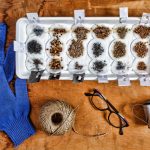Peppers and tomatoes are probably grown by every cottager. All summer, they fall on the table directly from the garden, and for the winter, Housewives prepare a lot of juices and salads, marinades and pickles. It turns out that you need a lot of vegetables, and no self-respecting summer resident in the market will buy them. Therefore, growing your own seedlings of pepper and tomato is an important issue.
The beginning of the seedling season is already on the threshold, and inquisitive gardeners are in a hurry to get answers to their questions, to clarify the timing and methods of sowing.
Do I need to germinate the seeds of peppers and tomatoes, or can I sow them dry?
You can sow dry, or you can sprout. One of the ways to give preference is the personal business of the gardener. What is the meaning of sprouting? The fact that you are planting a uniquely viable seed. Another indisputable plus is the selection of the strongest specimens: the first seeds with high germination energy are picked, which will later become strong seedlings and will please with an excellent harvest. It is unlikely that a sprout that barely had the strength to get out of the shells will be able to surprise with a good development and an abundance of fruits. So it will always exist on stimulants, wasting your time and space in the garden.
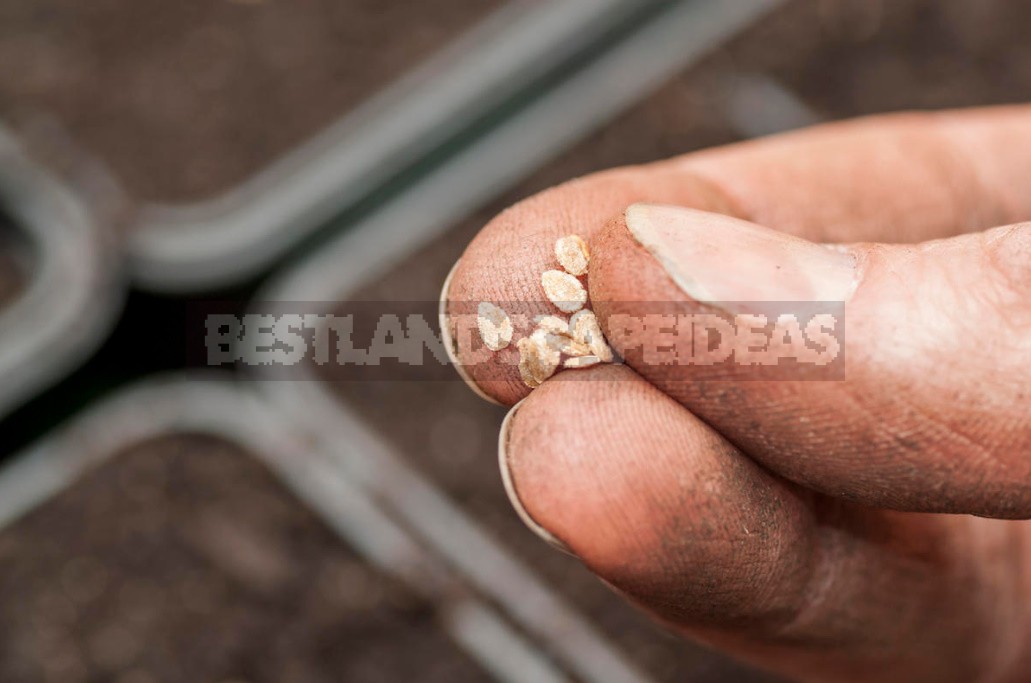
First, we will voice the arguments in favor of sprouting pepper seeds:
- this crop reacts negatively to picking (plant development stops for 10-14 days), so it is advisable to sow immediately in individual containers;
- many put a couple of seeds in one Cup, and then remove the weaker sprout. Also not a panacea: well, if both sprouted, and if there are no shoots even after 20 days of waiting? The conclusion is disappointing: time is lost, the space on the seedling racks was occupied in vain, the sowing will have to start from scratch.
There is a disadvantage to the method of germination: as soon as the seed is picked, it is desirable to transfer it to the soil as soon as possible. Because in every seed at the genetic level, it is laid down: as soon as the root appears, the first thing it should be buried in the ground and draw in the embryo, protected by the shell. Well, since our seeds germinate on cotton fabrics or cotton pads, the roots cling to the proposed “ground”with all their strength. Unfortunately, after 2-3 days, it is almost impossible to remove them without damage. Therefore, the method is definitely not suitable for those who do not have time to constantly look into a bowl with sprouting seeds.
Tomatoes sprout easily, seedlings do not react to picking (if you work very carefully, they will not notice moving to an individual container at all), so their seeds can not be sprouted before sowing.
Should I sow peppers and tomatoes in January?
If for planting in heated greenhouses-it is necessary. It’s a bit early for open ground, I think. The simplest example of calculation: in the Middle lane, the date of planting seedlings in the open ground is June 10, the age of the seedlings (let’s take a late-maturing variety) is 70 (140) days, the period of germination of tomato seeds is 4-6 days. We count from June 10 75 days ago and get the date of sowing-March 26-28.
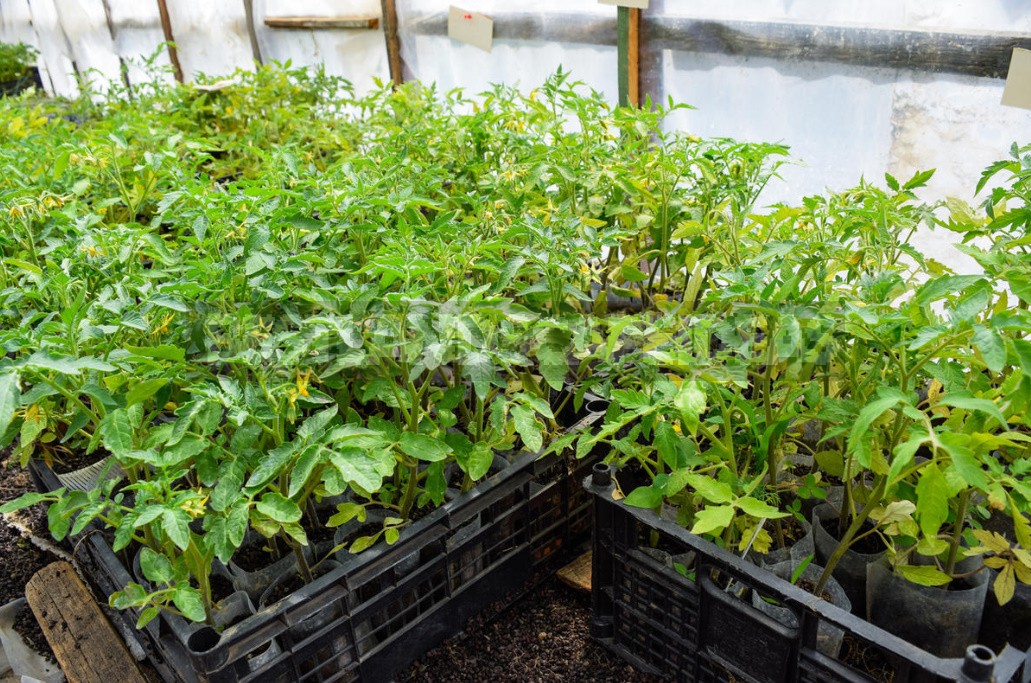
Is it possible to grow seedlings from the seeds of the pepper, store-bought?
You can, and often it is unknown store varieties that delight with excellent fruit taste and a plentiful harvest. Of course, there may be failures, but in General, the dynamics are positive. The only thing I would advise experimenters is to sow it as an aid to proven varieties and hybrids, otherwise, hoping for unknown seeds, it will not be long and completely without pepper…
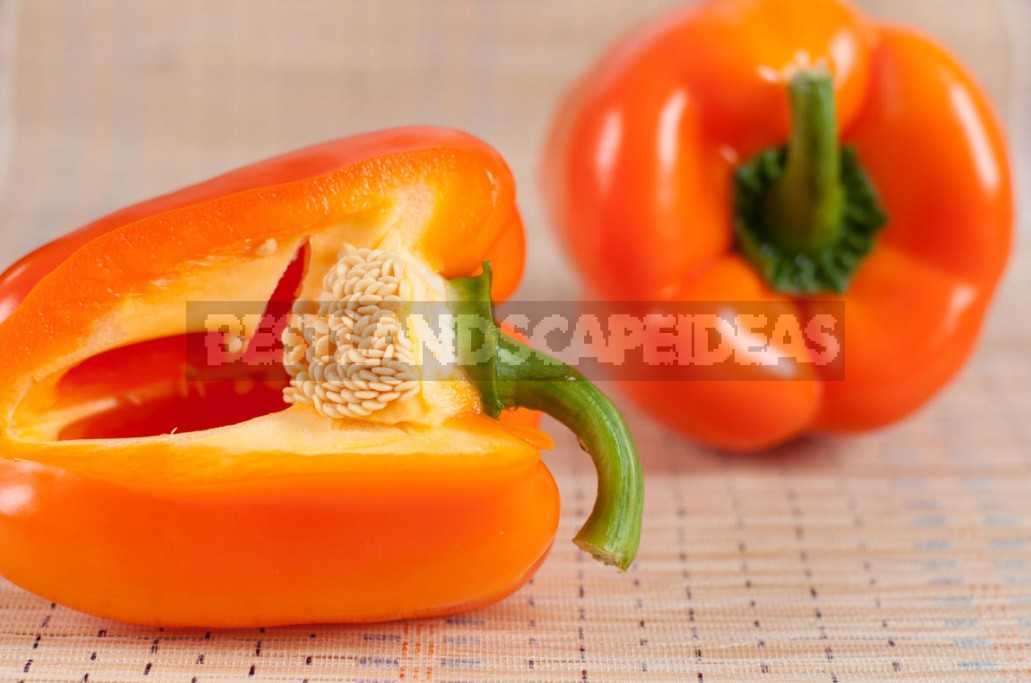
It seems to me that it is much more interesting and promising to grow new products of selection – here gardeners expect exceptionally pleasant surprises.
How long do tomato and pepper seeds take to hatch?
I think it is not necessary to remind you that many factors affect germination: shelf life, type of seeds (normal, inlaid, granular, and so on), methods of pre-sowing preparation, storage conditions and germination (if the temperature is below +20°C, the pepper may not germinate at all).
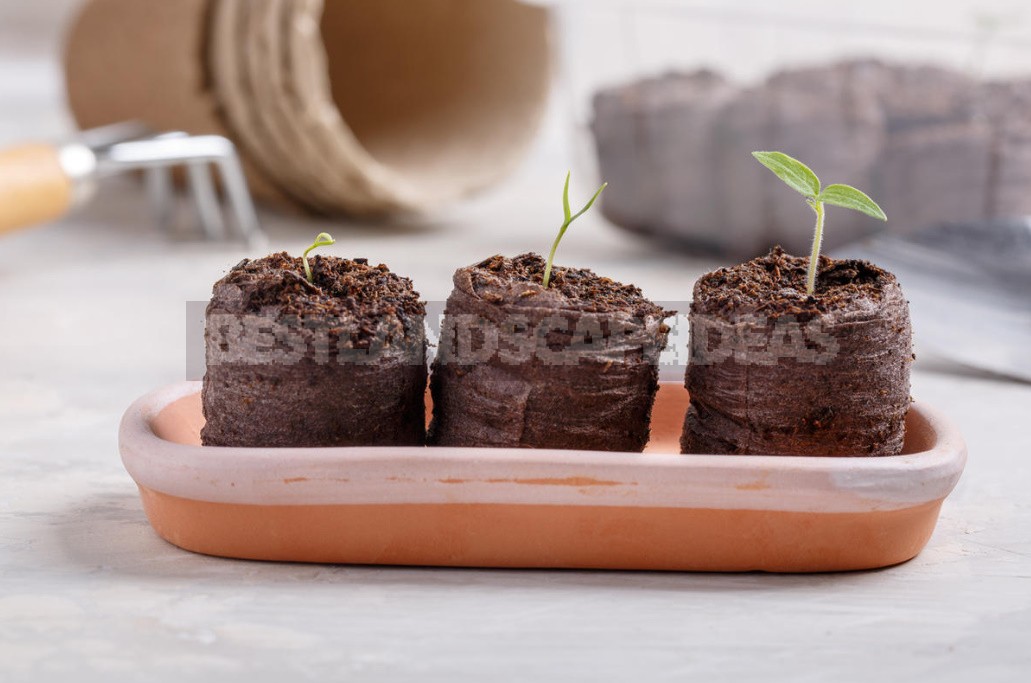
Experienced gardeners have found the best option, but for new gardeners a simple example of germination: seeds of tomato and pepper for 20 minutes soaked in a dark pink solution of potassium permanganate (in 1%, i.e. 1 g of dry substance per 100 ml of water) for disinfection (this is how simply you can eradicate the infection on the surface of the seed). Then rinse thoroughly under running water or in a bowl, changing the water 5-6 times. The seeds are laid out in a single layer on a damp cloth and placed in heat (+25…+28°C). After 4-6 days, they begin to hatch.
What is the volume of the pot to select for tomato seedlings?
If you sow entirely then choose low wide containers. When the time comes, unpick the grown tomatoes into higher cups with a volume of 200 ml. If after a while you notice that the root system has taken up all the space in the container, then the seedlings will need to be transferred to a pot with a volume of 0.5 l.
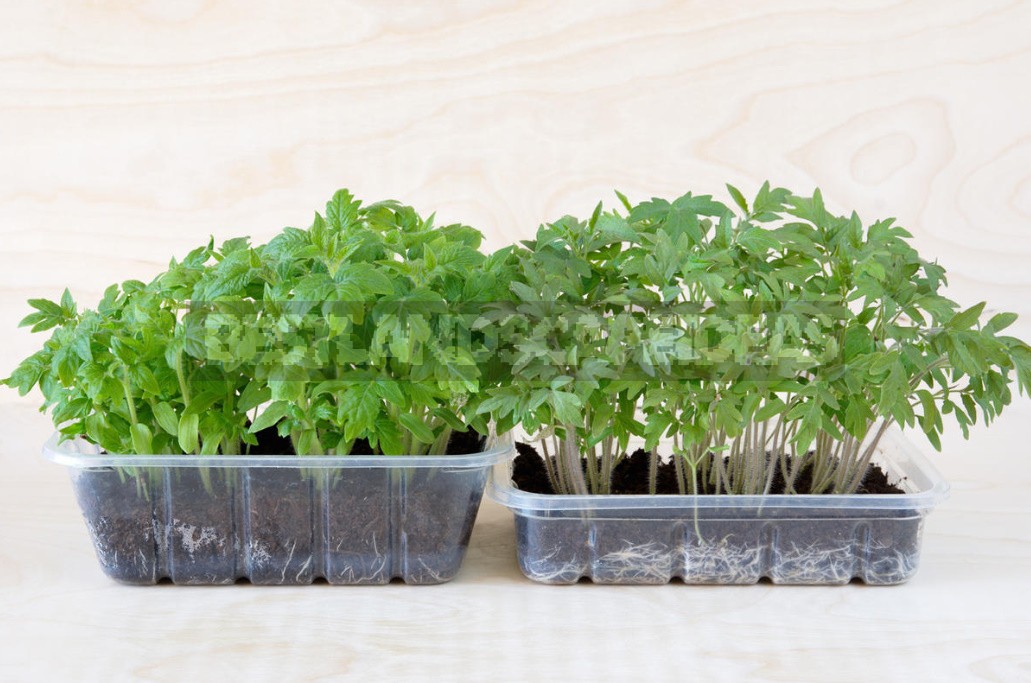
For single seeding, the seeds are immediately placed in containers with a volume of 200 ml. These can be either ordinary plastic cups or small peat pots. If the plants become cramped (signs: roots appeared from the drainage hole, the substrate quickly dries up), transfer them to individual pots with a capacity of 0.5 l. This transshipment is not always carried out – you need to focus on the state of the plants.
A useful life hack for those who often outgrow seedlings: use high transparent cups, fill them with soil only half. If the tomato is stretched, you can sprinkle the seedling’s stem, resulting in additional roots being formed on it.
How many tomatoes and peppers should I plant for a family of 5?
I would approach this issue in a complex way: first you need to count the number of adults and children in the family, find out how much everyone loves fresh vegetables, whether all sorts of preparations for the winter are in demand.
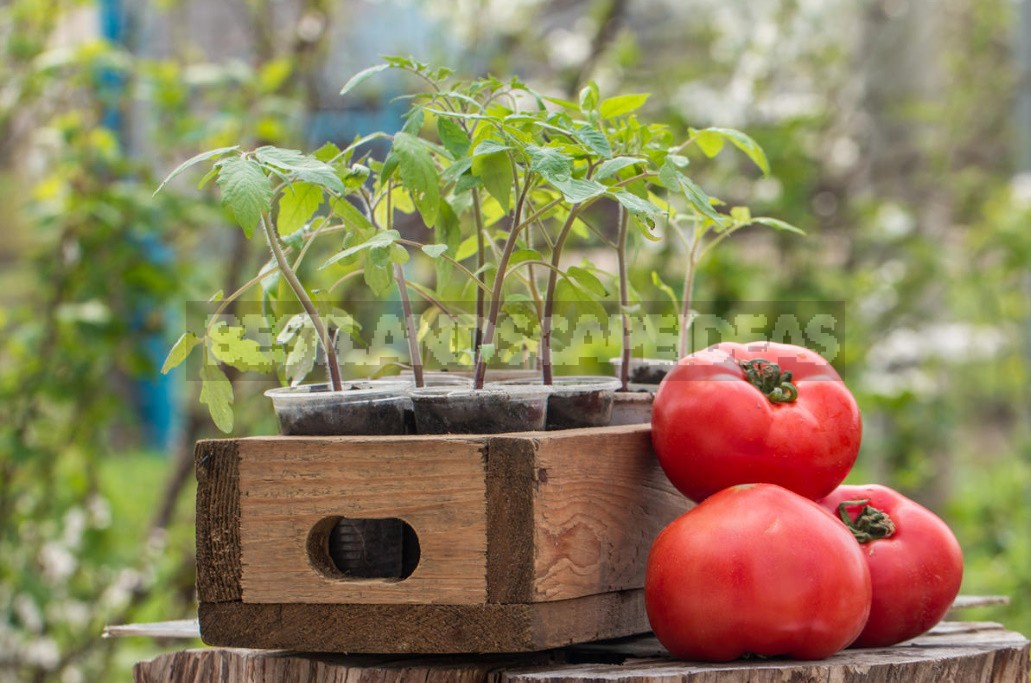
Of course, you should not neglect the achievements of breeding: modern high-yielding varieties or hybrids will please with an abundance of delicious fruits even in the cool summer, and if you are lucky with the weather – just have time to collect ripe tomatoes!
When to remove the covers from the containers in which the crops are made?
As soon as the first sprouts (loops) appeared. These are the strongest seedlings, and you need to focus on them.
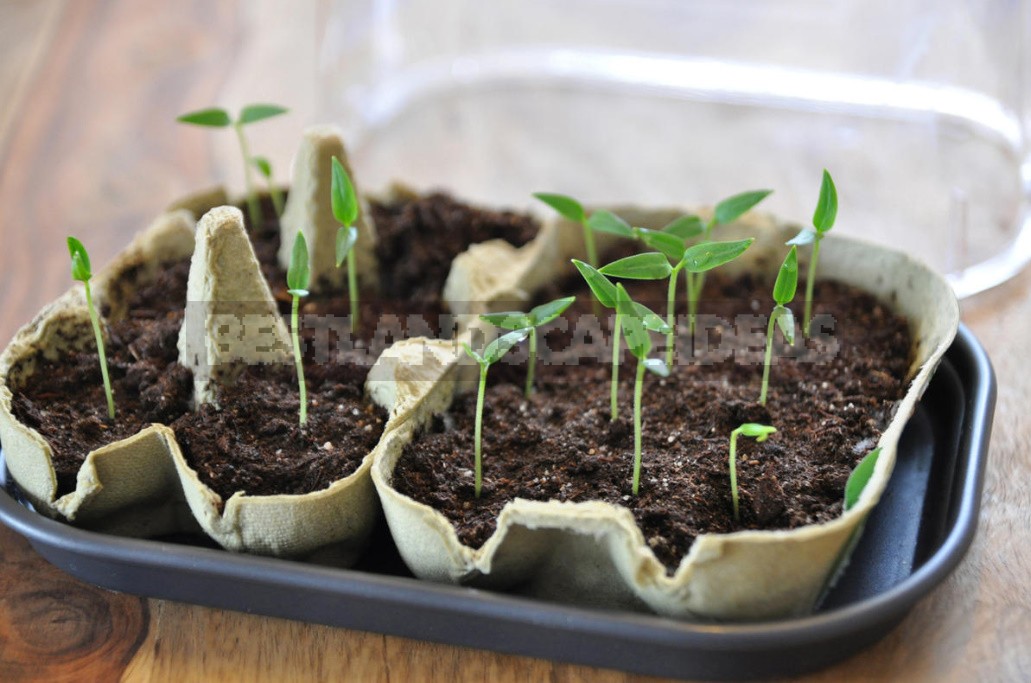
The remaining seeds can come up a few hours later, and the quality of the seedlings will be no worse. Do not worry – removing the lid from the mini-greenhouse will not hurt them at all: in viable seeds, the growth mechanism is already started, and the rest can be thrown away without regret.
How deep should you plant pepper seeds?
Each gardener has his own vision of the correct sowing (including depth), so there is no clear answer. Experts recommend planting seeds in the soil at 1.5-2 cm.
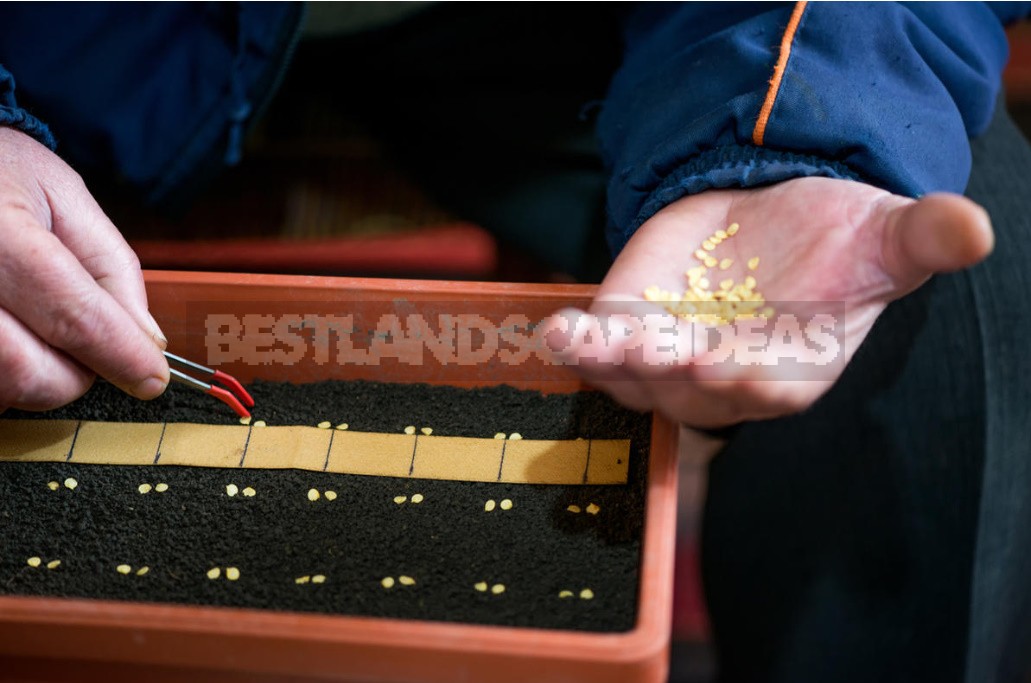
Perhaps, for experienced gardeners, the answers to many of these questions are obvious and simple. But for beginners, this is far from the case, so do not hesitate to ask again what remains unclear. This will save you from making mistakes in the future.
